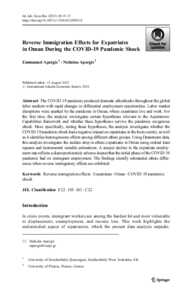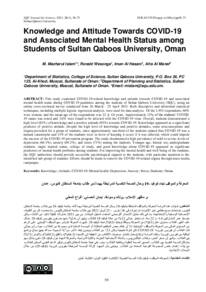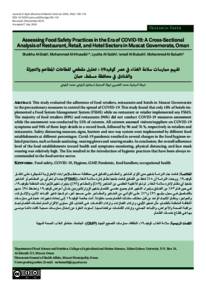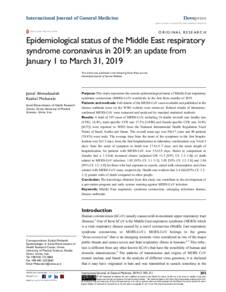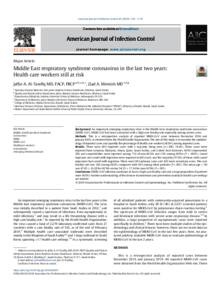Document
Reverse immigration effects for expatriates in Oman during the COVID-19 pandemic shock.
Identifier
DOI: 10.1007/s11294-022-09853-8
Source
International Advances in Economic Research. v. 28, 1-2, p. 19-37
Contributors
Apergis, Nicholas., Author
Country
United States.
City
New York
Publisher
Springer.
Gregorian
2022-05-01
Language
English
English abstract
The COVID-19 pandemic produced dramatic aftershocks throughout the global labor markets with rapid changes in differential employment opportunities. Labor market disruptions were sparked by the pandemic in Oman, where expatriates live and work. For the first time, the analysis investigates certain hypotheses relevant to the Aspirations-Capabilities framework and whether these hypotheses survive the pandemic exogenous shock. More specifically, testing these hypotheses, the analysis investigates whether the COVID-19 pandemic shock had a negative impact on expatriates in the host country, as well as it identifies heterogeneous effects among different ethnic groups. Using Datastream data, this analysis investigates the sudden drop in ethnic expatriates in Oman using ordinal least squares and instrumental variable estimations. A steeper decline in the expatriate employment rate reflects a disproportionately adverse impact that the initial phase of the COVID-19 pandemic had on immigrant employment. The findings identify substantial ethnic differences when reverse immigratory effects are exhibited.
ISSN
1083-0898
Category
Journal articles

